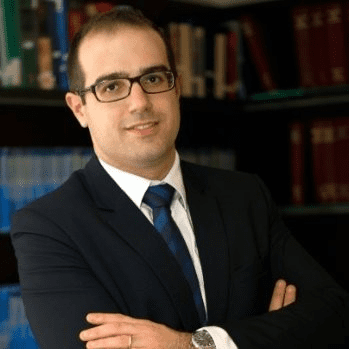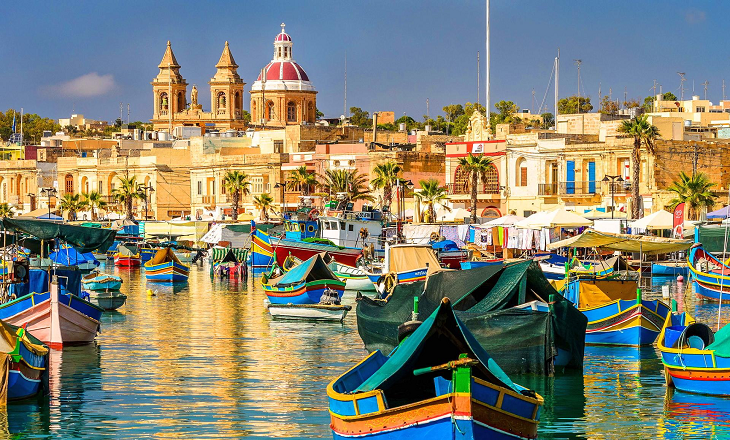The following article was written by Dr. Omar Zerafa and Dr. Emerson Bonello of Valletta, Malta based law firm Zerafa Advocates.

Omar Zerafa
Malta has been referred to as “the blockchain island” since it announced its intention to regulate the crypto industry to become the natural choice for business ventures in the sector. On the 26th June, Maltese Parliament has unanimously approved the much awaited three bills which set Malta as the first EU country to holistically regulate the blockchain technology industry. But what does regulation mean to crypto and blockchain businesses in reality?
The Maltese Innovative Technology Arrangements and Services Act (TAS Act) will regulate the recognition and certification of DLT platforms and smart contracts and will provide a high quality and standards stamp for the relevant DLT platform. This will distinguish serious certified providers from other players in the industry and will help to create a certain level of standard in the industry. Investors will accordingly be more willing to invest in a certified DLT platform knowing there are safeguards to protect them. The TAS Act will also regulate service providers servicing these technology arrangements, such as auditors and administrators. These service providers have the duty to ensure that the required standards and quality are maintained by these technology arrangements.
The Maltese Parliament also approved the Virtual Financial Assets Act (VFA Act) which regulates ICOs and services (such as crypto-exchanges) in relation to DLT assets which are classified as Virtual Financial Assets (VFAs). VFAs are those DLT assets which do not fall under the definition of Financial Instruments under MiFID II or under the definition of utility tokens.

Emerson Bonello
The main purpose behind the VFA Act is to protect investors and implement anti-abuse safeguards. A licensed provider is therefore more likely to provide peace of mind to the investor and accordingly be more appealing than an unlicensed one. The Malta Financial Services Authority (MFSA) has also recently published a proposed set of rules which provide specific requirements for a license holder under the VFA Act holding investors’ money. These ensure that creditors of license holders will not have any right or claim over the assets of these clients of such licence holders.
Malta is unique in developing a licensed service regime relating to VFAs which is mirrored on the MiFID licensing regime. One can therefore apply for one of the following four types of licenses:
Class 1 – authorises a company to receive and transmit orders, to provide investment advice in relation to VFAs and authorises the placing of VFAs;
Class 2 – authorises a company to hold or control clients’ money but not to operate a VFA exchange or deal on own account;
Class 3 – authorises a company to deal on own account, to hold or control clients’ money but not to operate a VFA exchange;
Class 4 – provides authorisation to operate a VFA exchange and to hold or control clients’ money, VFAs or private cryptographic keys and to provide custodian or nominee services solely in relation to the operation and activities of such VFA exchange.
These regulatory developments are already having an impact on the crypto industry in Malta. In fact, according to a recent research carried out by Morgan Stanley Bank led by Ms. Sheena Shah, Malta registered the largest share of crypto trading volume in the world. Ms. Shah believes that the main reason behind a country being chosen over another is due to its defined, attractive and clear regulation. Regulatory certainty is part of the attractiveness for companies, so they can plan for the future and know what to expect. (See http://www.businessinsider.com/cryptocurrency-exchanges-trading-locations-volumes-2018-4).
Overall the new framework helps to build certainty and transparency. Clients and investors know their rights, the risks associated with a project, know that the people behind the project are vetted and competent and that a service provider is operating within a regulated environment. The licence holder, on the other hand, has a clear set of rules that allow for a certain degree of flexibility and innovation whilst ensuring the end customer is always protected.
